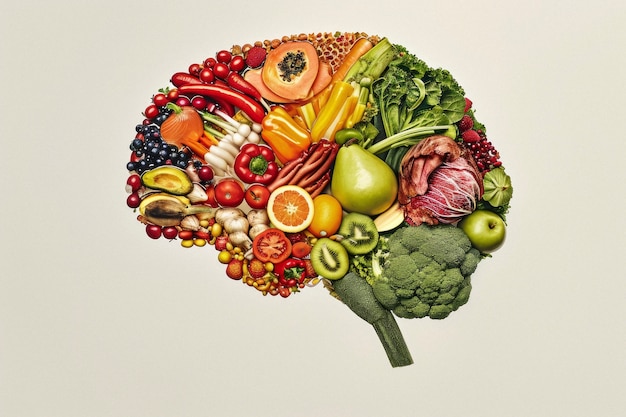As we age, our bodies change—and so should our approach to nutrition. Two of the most talked-about diets for long-term health are the low-carb diet and the Mediterranean diet. But which one truly supports graceful aging, fits into real-world schedules, and requires minimal effort or equipment? Let’s break down the science, sustainability, and real-life practicality of both.
The low-carb diet reduces carbohydrate intake—typically replacing them with proteins and fats. Popular versions like keto push carb intake very low to induce ketosis, a metabolic state where the body burns fat for fuel.
The Mediterranean diet, inspired by traditional eating patterns in Southern Europe, emphasizes whole grains, vegetables, fruits, legumes, nuts, olive oil, and moderate fish and wine. It’s naturally balanced, not restrictive, and rich in plant-based foods.

When it comes to living longer, evidence strongly favors the Mediterranean diet. Multiple long-term studies link it to reduced risk of heart disease, type 2 diabetes, and cognitive decline. One major study found that people following a Mediterranean-style eating pattern had a significantly lower risk of chronic diseases and lived longer, healthier lives.
In contrast, very low-carb diets—especially those high in animal fats and proteins—have been associated with a shorter lifespan in some research. A 2018 study published in The Lancet Public Health found that both very low and very high carbohydrate intake were linked to higher mortality, with the lowest risk occurring at moderate carb consumption—precisely what the Mediterranean diet offers.
Maintaining mental sharpness is a key part of aging well. Research shows the Mediterranean diet supports brain health. People who closely follow this pattern are up to 46% less likely to experience poor cognitive function in middle age. The diet’s high levels of antioxidants, healthy fats (like omega-3s from fish), and anti-inflammatory foods protect brain cells over time.
Low-carb diets may offer short-term mental clarity for some, but long-term brain benefits are less clear. Some studies suggest that cutting out whole grains and fruits—key carb sources rich in nutrients—could deprive the brain of essential fuel and protective compounds.

Heart disease remains a leading cause of death worldwide. The Mediterranean diet is consistently ranked as one of the best diets for heart health by major health organizations. Its focus on unsaturated fats (like olive oil), fiber-rich foods, and lean proteins helps lower bad cholesterol, blood pressure, and inflammation.
Low-carb diets can improve some heart markers in the short term, such as triglycerides and HDL cholesterol. However, long-term adherence—especially to animal-based low-carb plans—may increase LDL (bad) cholesterol and cardiovascular risk in some individuals.
No diet works if it doesn’t fit your life. The Mediterranean diet wins again for real-world usability:
Low-carb diets, especially keto, often require careful planning, specialty products (like sugar-free snacks or fat bombs), and constant monitoring. This can be tough to maintain over years—especially when traveling, dining out, or managing a busy schedule.
Aging gracefully isn’t about quick fixes—it’s about habits you can sustain for decades. The Mediterranean diet is not a 'diet' in the traditional sense; it’s a lifestyle. It doesn’t eliminate entire food groups, making it easier to stick with over time.
Low-carb diets can lead to rapid weight loss, which is motivating at first. But many people regain weight once they return to normal eating. The restrictive nature often leads to burnout, especially when social events or holidays disrupt strict routines.
While low-carb diets may offer short-term benefits for weight loss or blood sugar control, the Mediterranean diet is the clear choice for long-term health, brain function, heart protection, and real-life sustainability.
It aligns with research on longevity, supports cognitive health, and fits seamlessly into everyday life—no special gear, apps, or meal plans needed. It’s not about perfection; it’s about consistently choosing whole, nourishing foods that make you feel good today and protect your health for decades to come.
If your goal is to age gracefully, with energy, clarity, and vitality, the Mediterranean diet isn’t just better—it’s built for life.

Health

Health

Health

Health

Health

Health

Health

Health

Health

Health

Health

Health

Health

Fitness

Health

Health